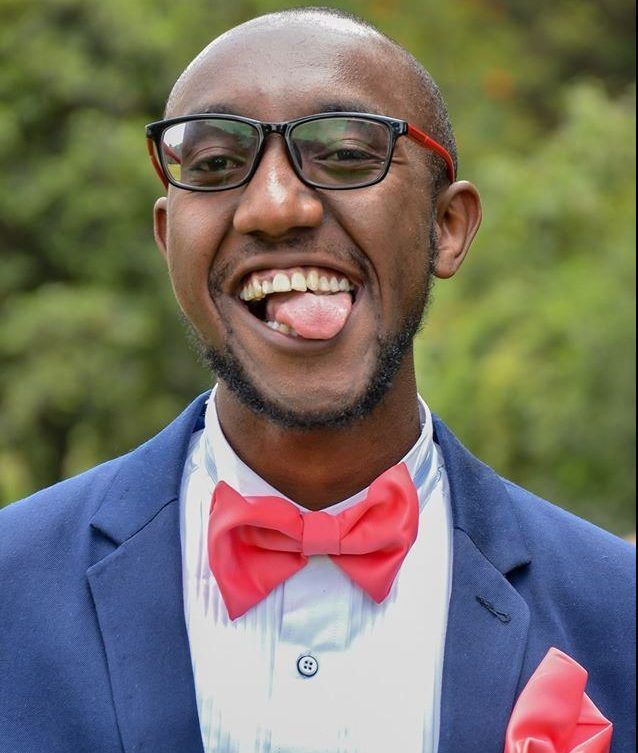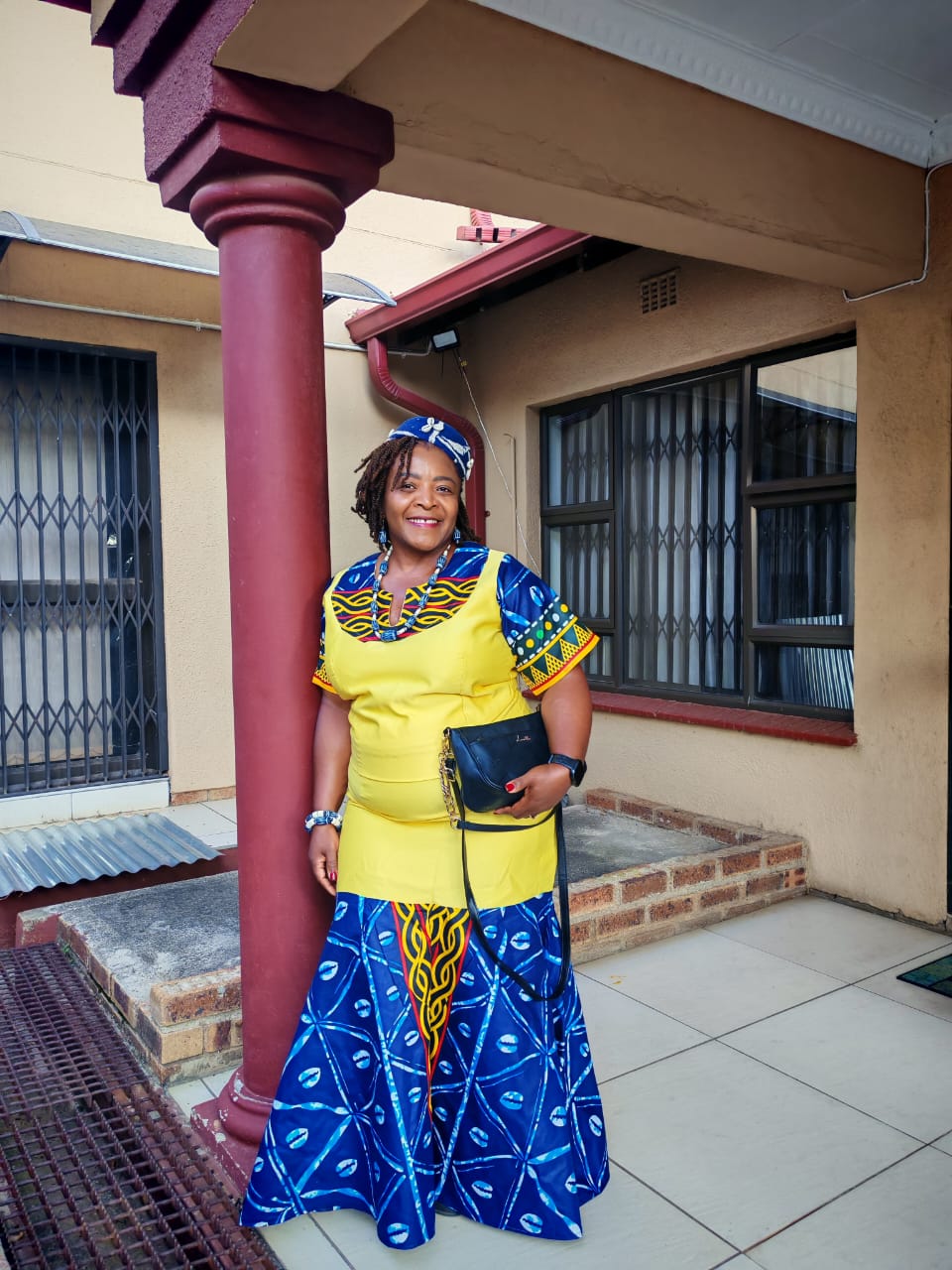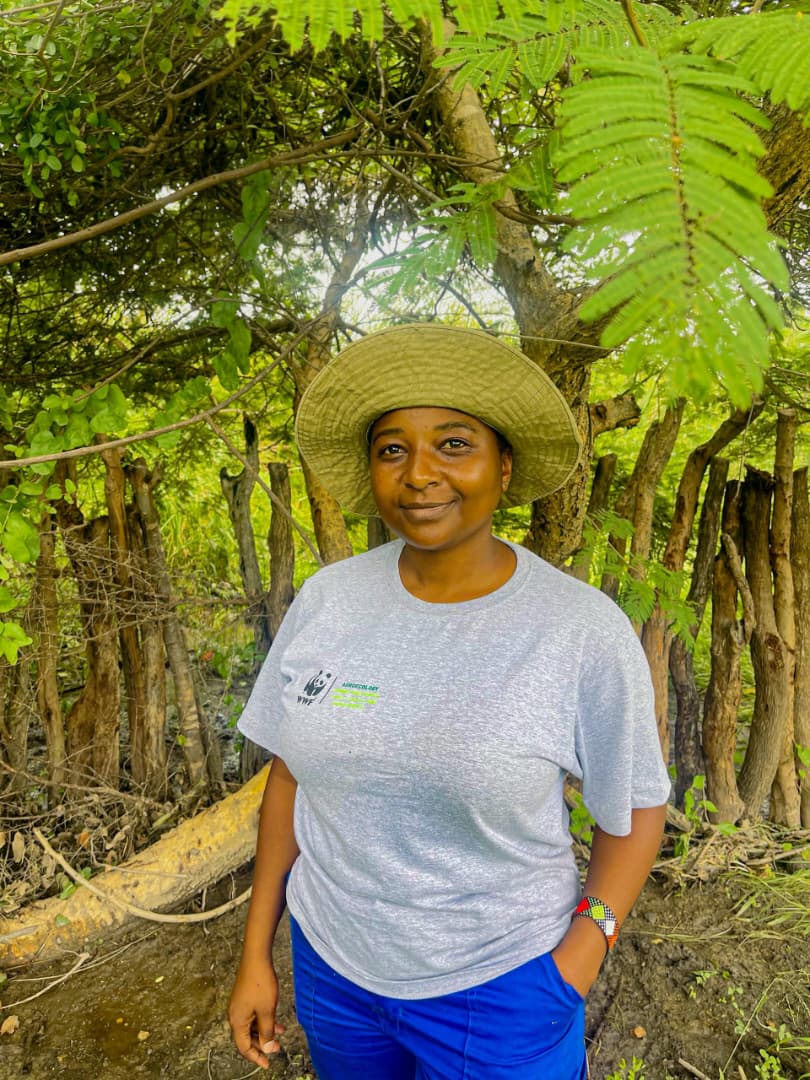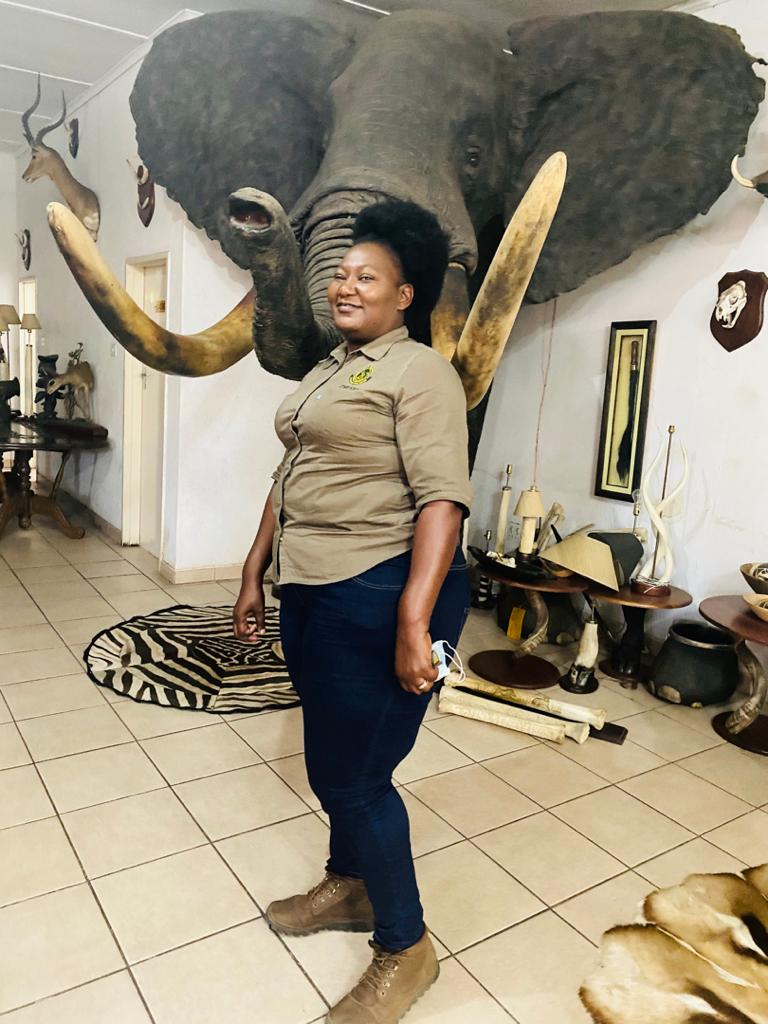Success in business is largely determined by your ability to hold on to one thing and evolve over time.

Is it possible to enrol in the University for a course in Construction Management, start a company while studying, graduate, and then proceed to grow the company and create employment in less than 5 years? For Daniel Kimani, the answer is yes.
In the 3rd quarter of 2015, Daniel made up his mind to venture into what can be described as the economy’s crown jewel—entrepreneurship. He founded Princework Ltd while in campus, a multi-disciplinary construction outfit company that prides itself in designing and creating great spaces. He currently has 11 full-time employees and contracts many others depending on the nature of the project the company is undertaking.
Lesalon Kasaine caught up with him at his exquisite showroom in Membley, Ruiru.
When you were pursuing your construction management course at the Technical University of Kenya (TUK), did you ever see yourself founding your own company?
Actually, Princework was started off while we were headed to 3rd year of campus. Initially, we were 3 directors, all studying at the University. We were itching to start up a company to fulfill an opportunity we saw. So we got the company registered and into the deep end of the pool we jumped. Personally, I knew that I would end up in entrepreneurship before I cleared campus, so when we sat together it was just game on.
Did you get into entrepreneurship all by yourself or did you have a mentor?
I learned how to swim on my own. But I soon realized that there is a big disconnect between ‘perceived clients’ and ‘actual clients’. Generally, construction, more so interior fit-outs, involves clients pumping substantial amounts of money into the business. For this to happen; trust and reputation have to be brewed over time. It took time for a steady work base to formulate.
Did the education system entirely prepare you for life after campus?
I would say that the set-up of TUK made it easier for me to transition into the world, in terms of opening up my mind. The transition was not so harsh because the goal line was already set and now I could fully concentrate on the business. Learning is a steady and ongoing process. However, I think there lies a great disconnect between what is taught in class and the practicalities on the ground. Business, especially in Kenya, is not scripted. I’m afraid to say that it’s so off the book. Over time, I have had to learn a lot of harsh lessons while on the move.
It takes resources to start a business. The challenges in getting these resources, especially for young people are many. How did you navigate through that?
It is true that you require resources to start a business but I believe the greatest resource one requires is the willpower; the mental focus to run a business. Initially, I blew my capital on an office space that we didn’t require. What made this more painful was that these were savings from my pocket money. I rented the space in Nairobi for Ksh. 27,000 per month, but had no clients. I had to pack up and leave. The money went down the drain, but looking back I can call that phase my learning curve. It brought in a lot of lessons with it because, in entrepreneurship, you will be put through the wringer just so you can learn and be stronger.
The first two months after graduating in 2017 were tough since it was election time in Kenya. Later we started getting small projects, and capital has been obtained through ploughing back profits from completed projects. What I have learnt is that capital will never be sufficient to start off. Even successful companies still need more capital. Work with what you have, because the need for more is a never-ending cycle which you must not use as an excuse not to start.
We’re in the future, and you’re advising your child who has just graduated from University. Employment Vs Entrepreneurship, what’s best and why?
Wow. Point to note is that every employer/entrepreneur needs an employee so hopefully, they will emulate my successes and learn from my shortfalls to make their decision. They could inherit the empire I am building, but I would ensure they learn that what takes years to build could be run down in a day. I’d just urge them to be diligent in their pursuits, whether employment or entrepreneurship and that way they will find purpose.
Are there other businesses you want to venture into, or is it Princework and Princework only?
I live by the phrase ‘keep all your eggs in one basket’ and then watch over it. Success in business is largely determined by your ability to hold on to one thing and evolve over time. Master your industry. So for me, my focus is really on one sturdy and resilient business; Princework Ltd.

Design for a home library created by Princework Ltd
Have you at any point applied for a job?
No. The spirit for entrepreneurship kicked in early, and my advantage was that I started the company while still in campus. Soon after graduating the business started bringing in some income, I haven’t looked back since. There was a time I applied for an attachment while in campus but I never heard back from the company.
Have you created employment for others?
I have 11 full-time staff though one of our projects, and we have quite a number of artisans who join the team on a contractual basis, depending on the nature of the project.
What’s the biggest challenge you face?
On an individual level, I’d say trying to out-do myself. I hate thinking that I should have done better on any matter. Businesswise, I’d say the constant work to ensure the company is steady in terms of all relevant structures. The question is always whether the business is sustainable, and how you can expand continuously.
What’s your typical day like?
My job does not have a standard day. I may wake up one morning to go to the workshop and showroom to oversee the progress of works being produced, head out later to make purchases and then proceed to meet up with a client and finish up on-site to check on ongoing works. To sum it up, my schedule is dependent on ongoing projects and pending items.
On a scale of 1-10, where would you rate your company?
I would give it a solid 9 based on our ability to deliver quality interiors within clients budget and timelines.
As a founder of a company that provides interior design solutions, what does your dream home look like?
My home will be marked by monotone colours, and have lots of love. It will also have an amazing kitchen. I’m proud we lead in this area.
Why should anyone choose Princework?
Ninety per cent of works currently come from referrals. That tells you that our clients are happy. Princework is a relational interior design and fit-out firm. We can boldly state that our clients are our backbone so you can bet that when you get on board you will be guaranteed exceptional results.
Do you ever get clients that are dissatisfied?
No client has ever walked away from a project we are engaged in. If any misunderstanding has arisen it is sorted out at the instance.
What would you like to say to anyone reading this interview, about careers?
I think that there are lots of opportunities for diligent and faithful persons. Most jobs are trainable to literally anyone but the true test is in these traits: Be diligent in the little, and it always will be rewarded.
How do you spend your off-hours?
Once in a while, I play squash to unwind. That, and catching up with friends to josh and nosh.
What would you say is the meaning of life?
Knowing that indeed you served at your optimum and did all which God wills of you.





